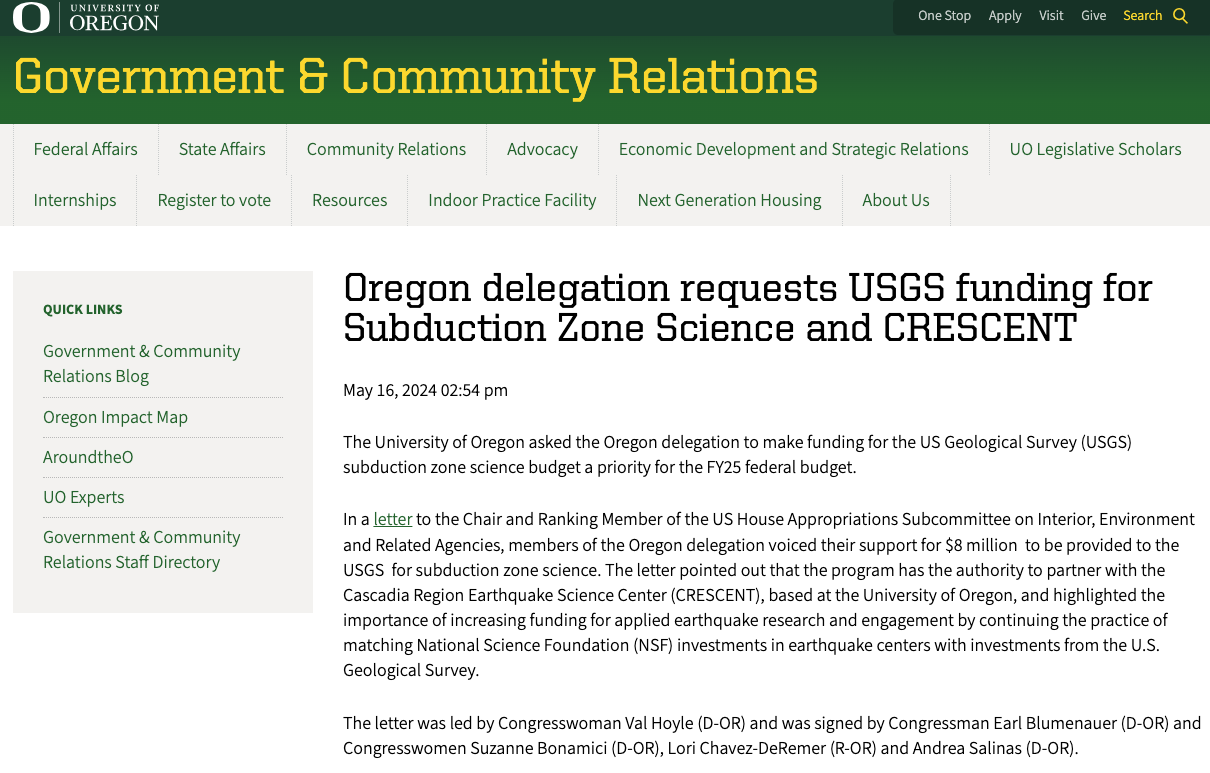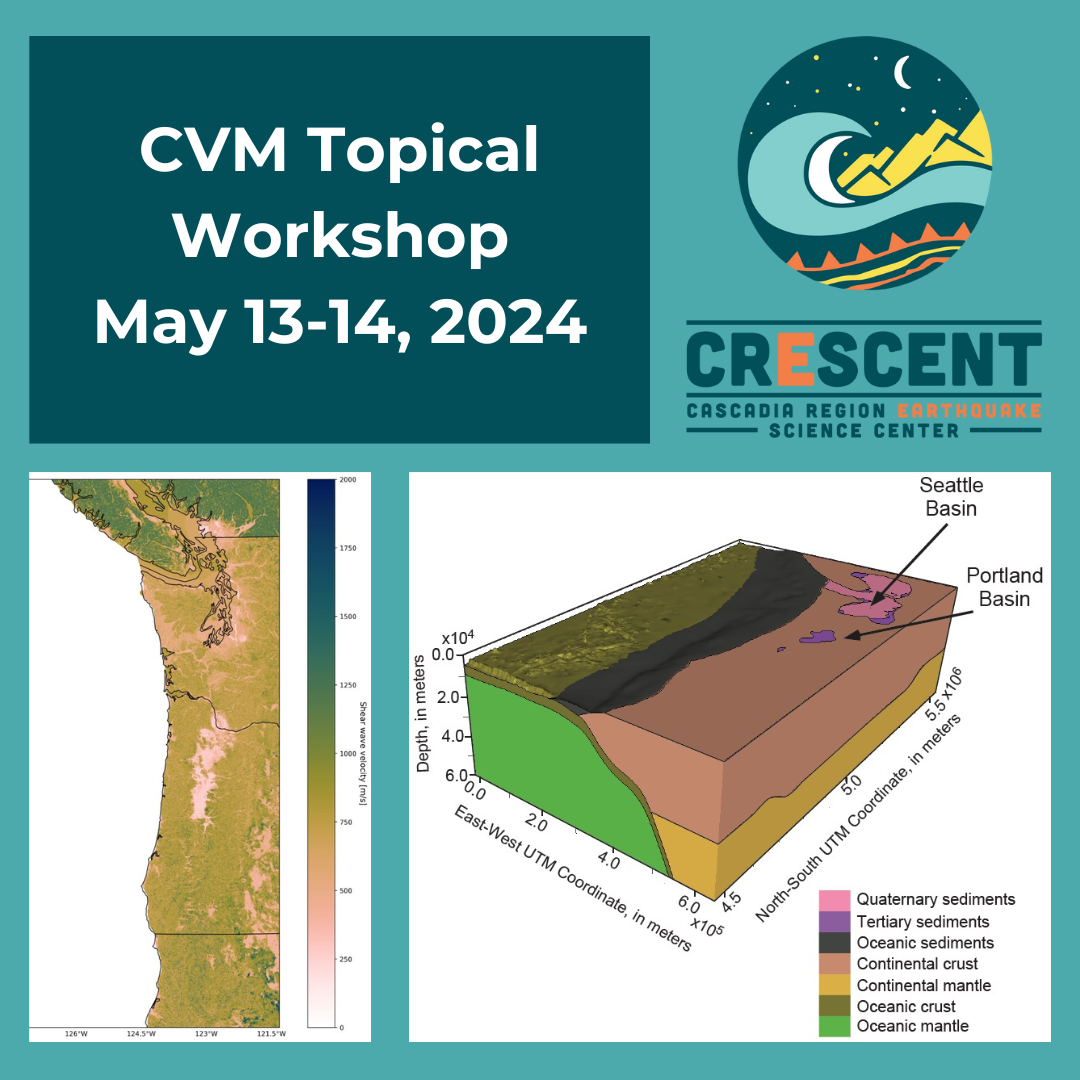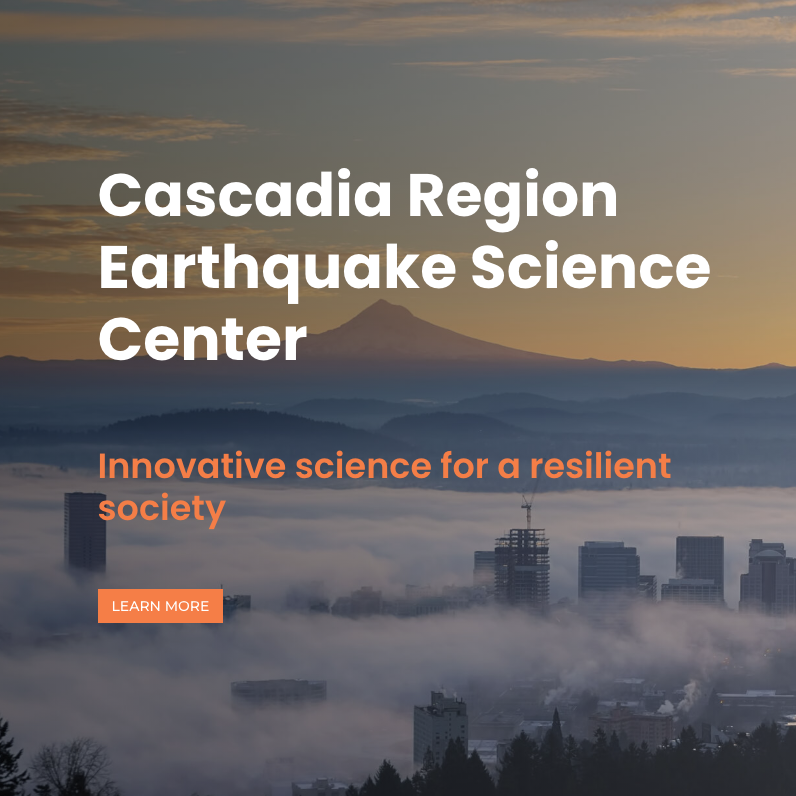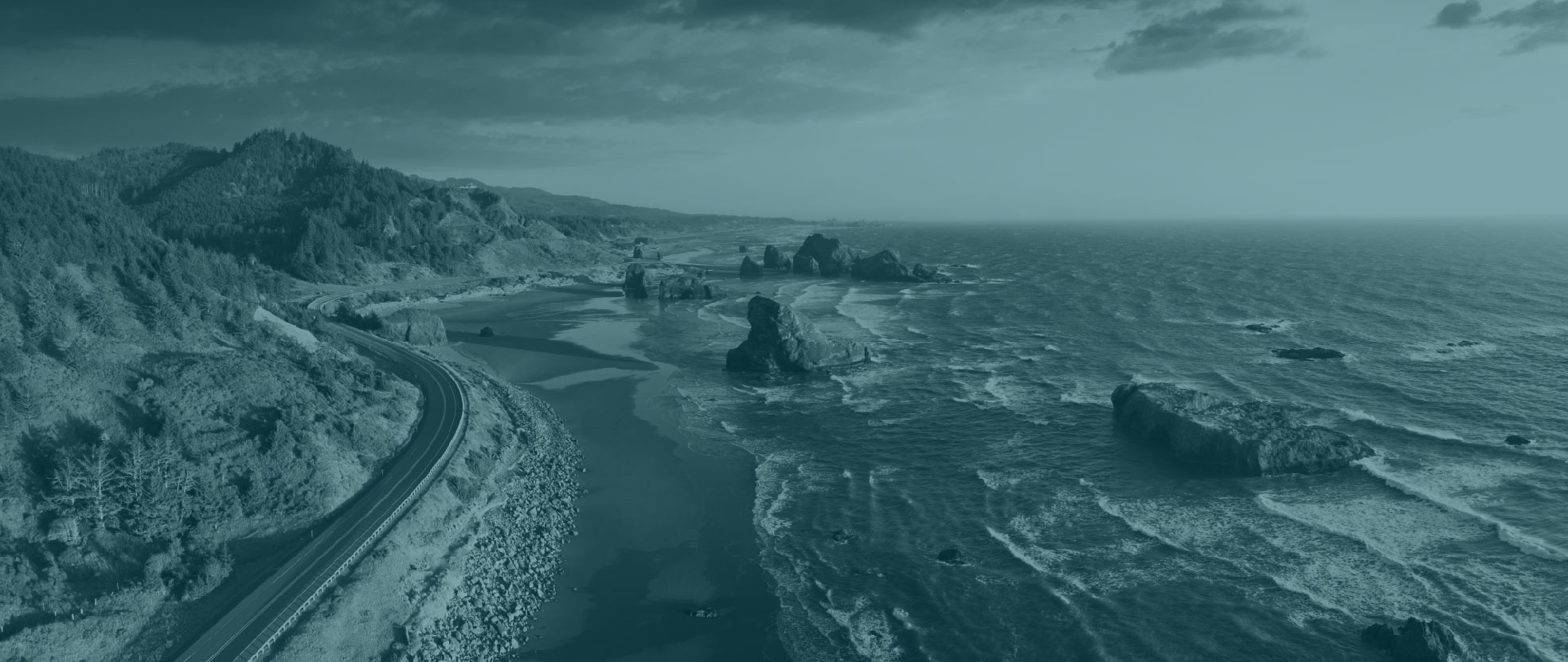
Science
Understanding earthquakes and their hazards
Mission Statement
CRESCENT Science

Subduction zones host the largest earthquakes on the planet. Their cascading consequences — strong shaking, tsunamis, landslides, liquefaction, fire — make them some of the most devastating natural hazards. As scientists, we strive to understand the important physical processes that drive convergent plate boundaries, like the Cascadia Subduction Zone. While these lines of inquiry have yielded some of the most important advances in solid Earth geosciences to date, subduction zones are complicated physical systems and understanding their dynamics, past, and future behavior is challenging. CRESCENT’s science program focuses broadly on developing a better understanding of the Cascadia Subduction Zone through focused collaborations between teams of scientists.
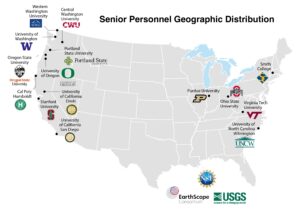
Major Activity
Working Groups

CRESCENT’s working groups are teams of scientists, engineers, and educators tasked with developing products that are required to close the gap between science and hazard. Some working groups will focus on synthesis and integration of existing data into community models that can be used in both basic and applied science applications. Other working groups will develop tools needed to advance our understanding of subduction zone processes in Cascadia. Each group meets regularly to ensure timely development of their tools and organizes training, and topical workshops. Working groups also collaborate to ensure consistency between their products.
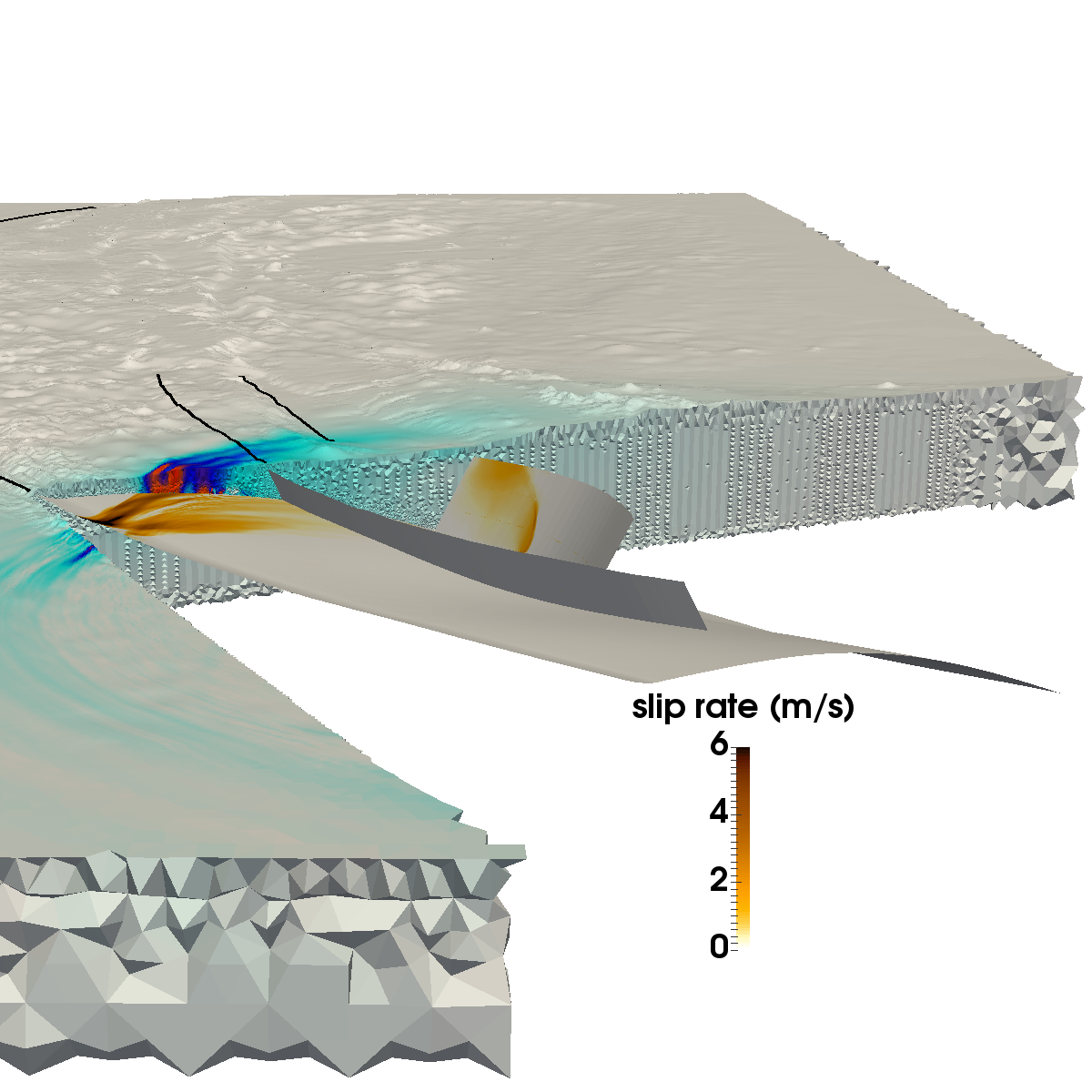
DET
Dynamic Rupture, Earthquake Cycle, and Tsunamis
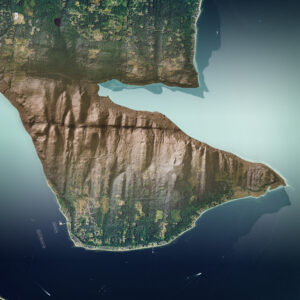
CFM
Community Fault
Model
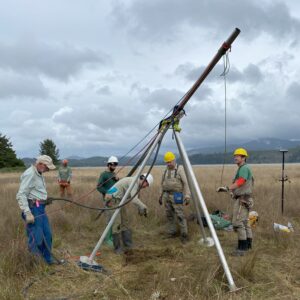
CPAL
Cascadia Paleoseismology
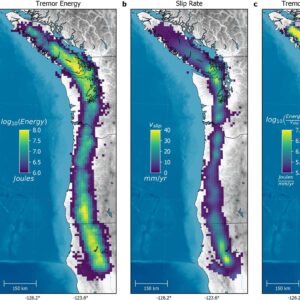
C3S
Coupling, Seismicity, and Slow Slip
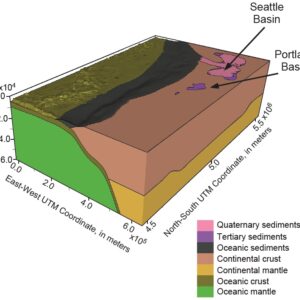
CVM
Community
Velocity Model
Major Activity
Special Interest Groups

CRESCENTs special interest groups will focus on critical and frontier science that will help steer center activities towards its future geohazards goals. Special interest groups represent areas of interest for CRESCENT that could, with additional support and/or development, become designated working groups.
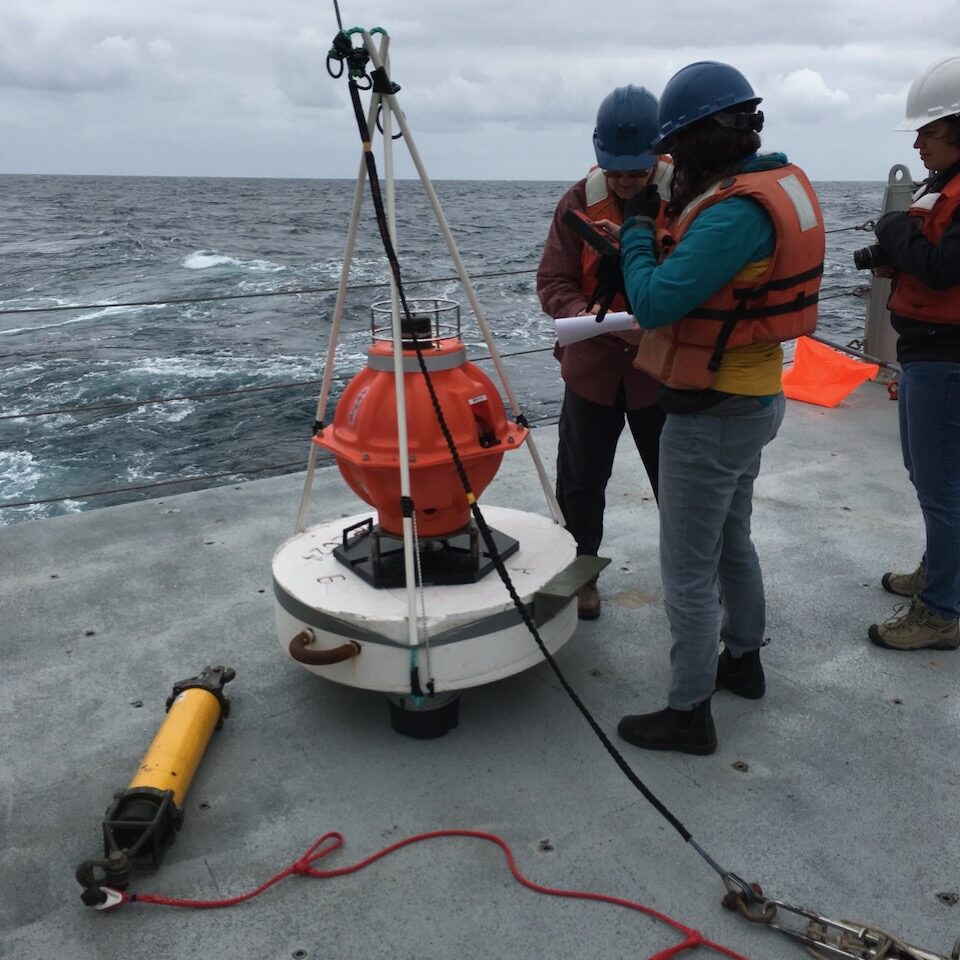
OO
Offshore Observations

GMM
Ground Motion Modeling
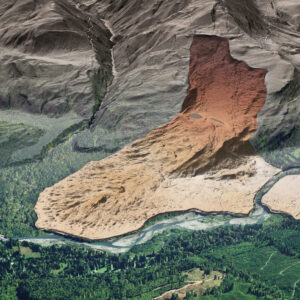
GF
Ground
Failure
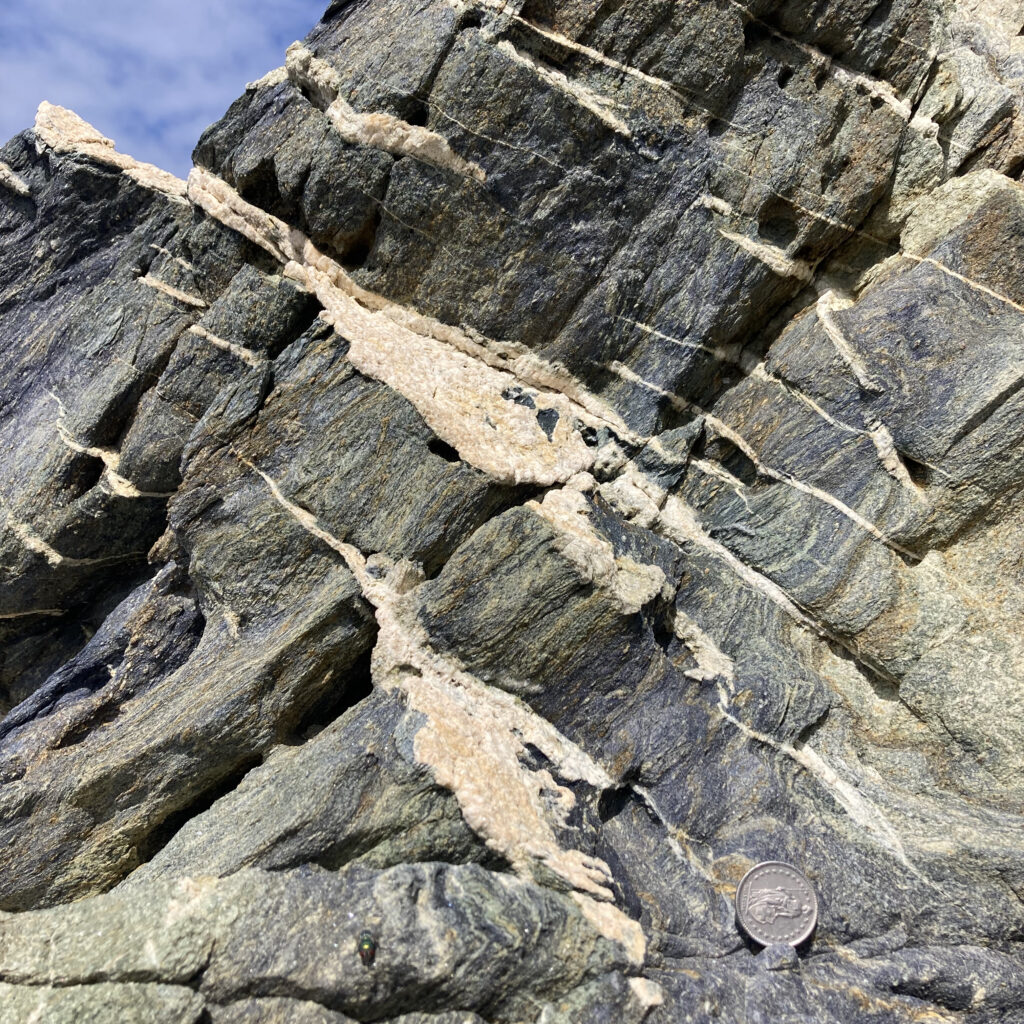
CSF
Cascadia Subduction Fluids
Major Activity
CRESCENT Meetings

These meetings are devoted to disseminating and sharing CRESCENT-related science with a combination of keynote talks, short-format talks, poster sessions, and career-building events for early-career attendees.
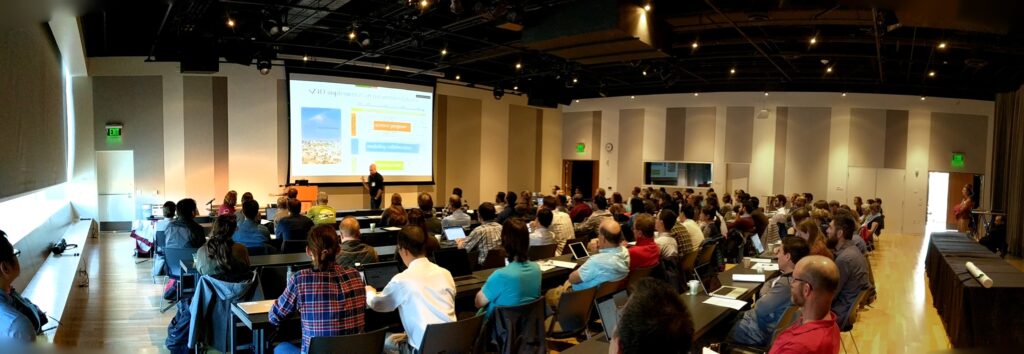
Major Activity
Topical Workshops

Ten topical workshops create opportunities for a broad variety of scientists, early career researchers, and graduate students to discuss CRESCENT goals and science challenges. ToWs represent a key forum for the working groups to interact with the community on topics such as data sources, new findings and observations, synthesis methodologies, product dissemination best practices, and other activities. Topical workshops will be organized around talks, free-form discussion, and breakouts and seek the broadest possible representation of academic participants, federal and state agency scientists, and stakeholders. The inclusion of students, postdocs, and early career scientists aligns with CRESCENT’s workforce development goals. Moreover, topical workshops offer a mechanism for identifying priorities for the seed grant program.

Special Programs
Seed Grants

While the activities of the working groups ensure that CRESCENT delivers substantial new understanding of earthquake processes generally and subduction zone behavior more specifically, the center’s scientific program is ambitious and cannot be realized by CRESCENT researchers alone. CRESCENT’s seed grant program has the dual goal of broadening community participation and increasing the breadth of scientific investigations related to the center’s scientific goals. The center will invite the community to participate in CRESCENT through a proposal call each Fall, to address key scientific challenges identified by the Science Planning committee.
Application Timeline
| Dates | Events |
| November 2024 | RFP Released |
| January 15, 2025 by 11:59 pm PST | Application Deadline |
| Late January | Proposal Review |
| February | NSF Program Manager Approval |
| March 15 | Award Notifications |
| May 1, 2025 – April 30, 2026 | Start Date for Projects Project Period: Project length is 1year. |
| Due 30 days after end of project period | Final reports Due |
CRESCENT Products
Products and Publications

CRESCENT staff and scientists are committed to being a trusted source and provider of products and publications that serve the seismic research and resilience community.
Available tools, datasets, publications and reports are listed on our Products page, along with information on how to register and get support with the release of a new CRESCENT product/publication.
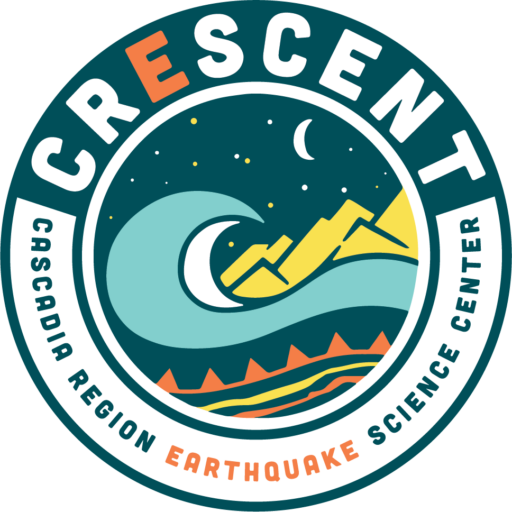
Connect with us
News, Events and Announcements

5/17/2024: Oregon Delegation USGS Funding Request
Community Velocity Model Topical Workshop
10/18/2023: Web Site Launch!
Welcome! Welcome to our newly designed web site! Explanations of CRESCENT’s mission, the organizational structure, and planned community activities can…
Meet The Team
Science Planning Committee

The Science Planning Committee oversees and facilitates CRESCENT’s ambitious scientific goals. It supports and manages the five center working groups, four special interest groups, cyberinfrastructure, and topical workshops.
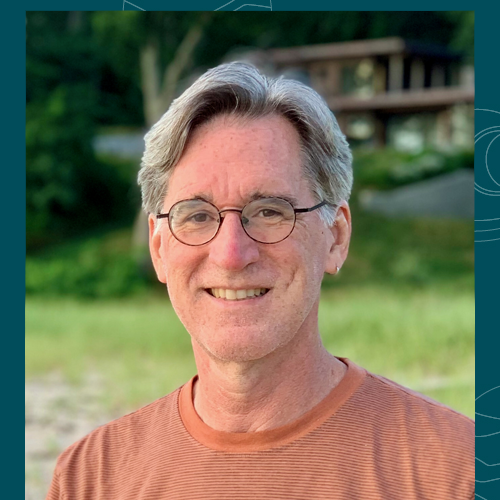
Harold Tobin
Science Planning Lead
University of Washington
htobin@uw.edu
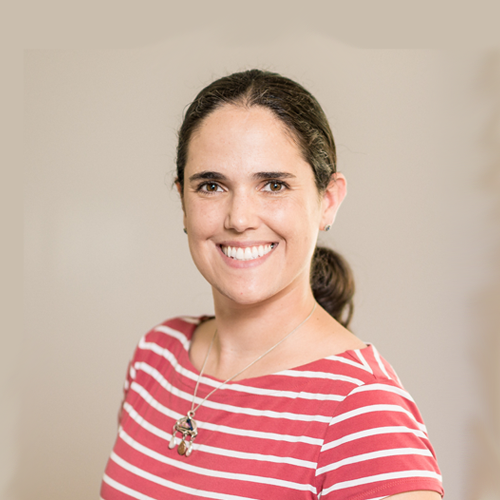
Tina Dura
Science Planning Vice Chair
Virginia Tech
tinadura@vt.edu
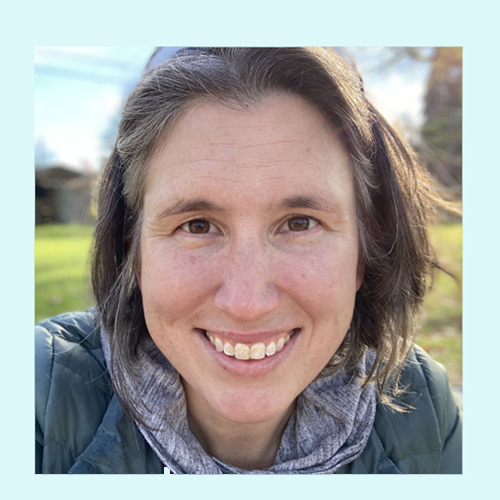
Amanda Thomas
Cyberinfrastructure Lead
University of California Davis
amthom@ucdavis.edu
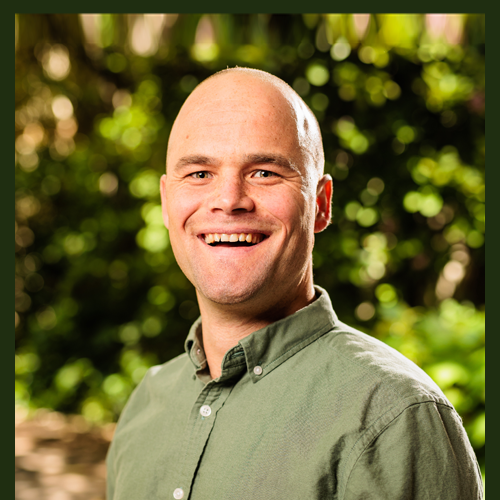
Pieter-Ewald Share
Oregon State University
pieter.share@oregonstate.edu
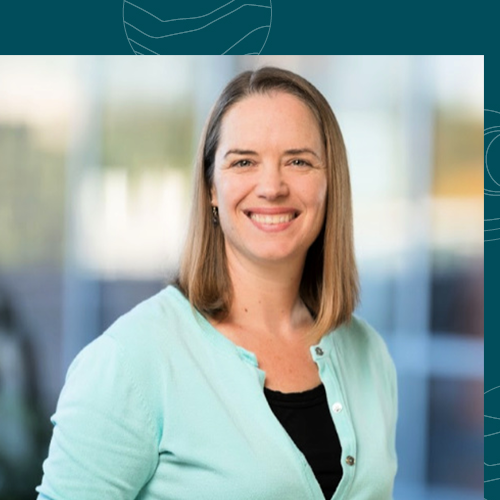
Ashley Streig
Portland State University
streig@pdx.edu
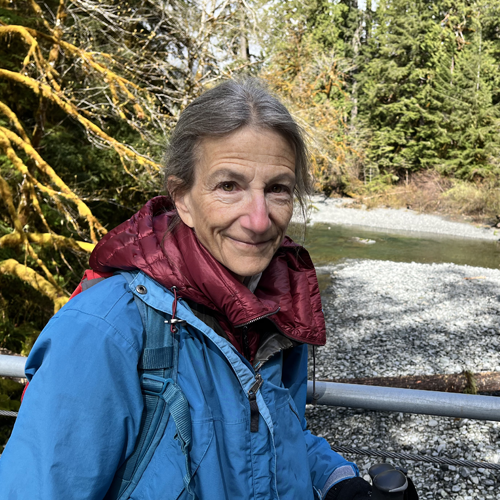
Joan Gomberg
United States Geological Survey
gomberg@usgs.gov
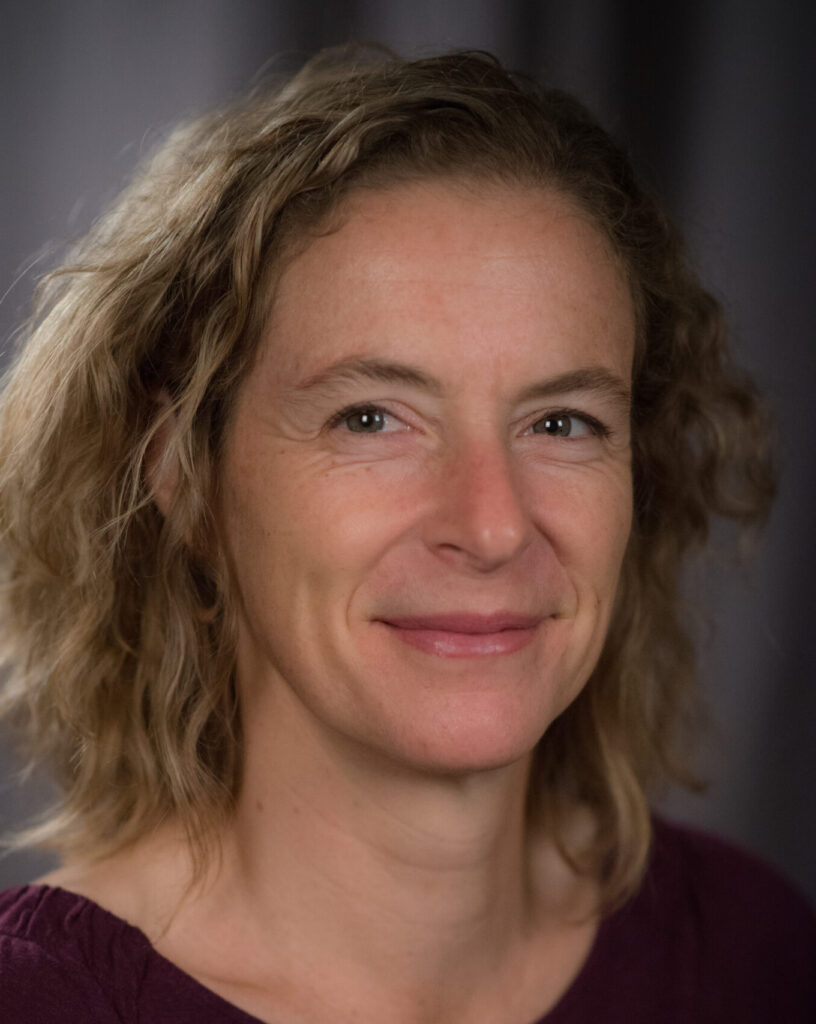
Kate Scharer
United States Geological Survey
kscharer@usgs.gov
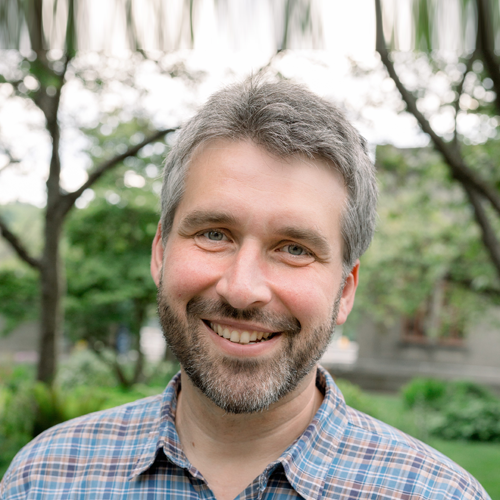
Brendan Crowell
University of Washington
crowellb@uw.edu
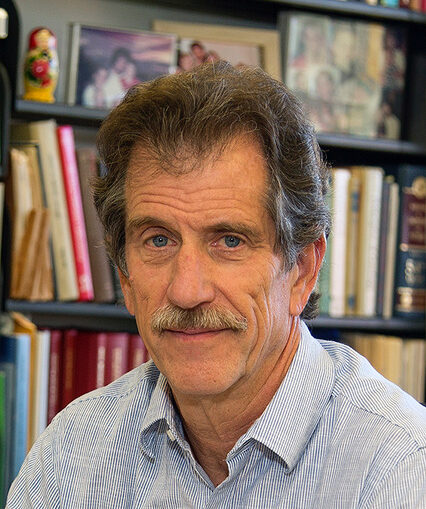
Paul Segall
Stanford University
segall@stanford.edu
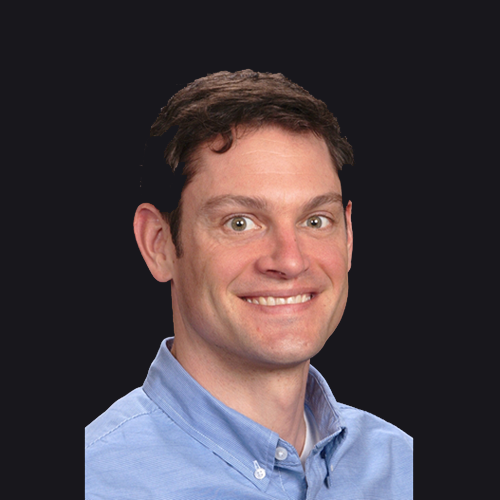
Eric Dunham
Stanford University
edunham@stanford.edu


